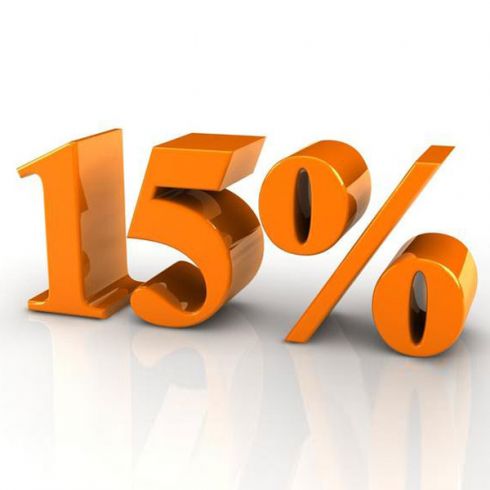
MUMBAI: The Central Board of Excise and Custom (CBEC) will charge 15 per cent over every download executed from overseas websites. Overseas companies offering services to Indian consumers like music or ebooks will now no longer be exempted from the service tax, starting 1 December.
So far, companies or place of provision was from outside India, the service tax did not apply in such cases. Only purchases from domestic sites were charged with the service tax. The latest CBEC’s decision extends the service taxation from B2B to B2C, as services incurred the service tax in B2B transactions.
What it essentially means is, if a music album costs 100 rupees on iTunes, then the same album would cost 115 rupees if bought on 1 December or after. This, effectively, makes every online download for an India-based consumer come under the service tax of 15 per cent. A Mumbai-based musician showed mixed reactions to the government’s decision. Heavily depended on iTunes for purchasing music and ebooks, the musician said, “Well, for a privileged someone like me or anyone who buys from iTunes, 15 per cent does not make a huge difference to be honest. But the problem arrives when consumers on the verge of accepting the ‘pay and watch’ culture can once again resort to privacy, instead of paying the actual amount plus the service tax. Rest, I think it is only fair considering how domestic services were subjected to service tax too.”
However, in overseas sites’ case, the complications in collecting the tax from the end India based user who downloads the services will lead to increase in the cost for the consumer. Music would not be the only service that would see a growth in its cost, internet advertising, cloud services, movies, softwares and other intangibles via internet, online gaming and several other services would incur the service tax.
The domestic sites have welcomed the CBEC’s decision arguing “it would only make the game fair”. The biggest complication for the overseas provider would be the lack of presence in Indian territory as the provider is obliged to comply to pay the tax, therefore enforcement, levy and collections of this tax would be a challenge.
Find out more here